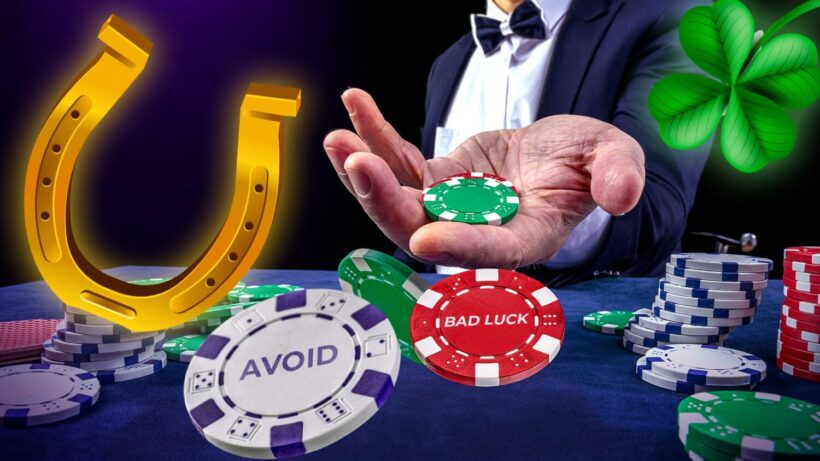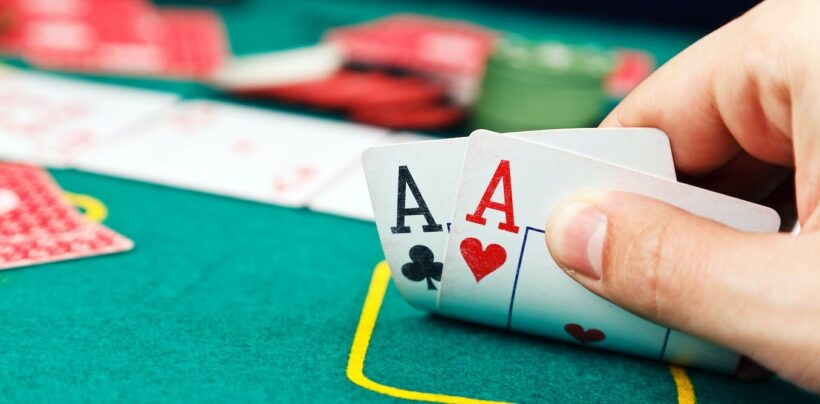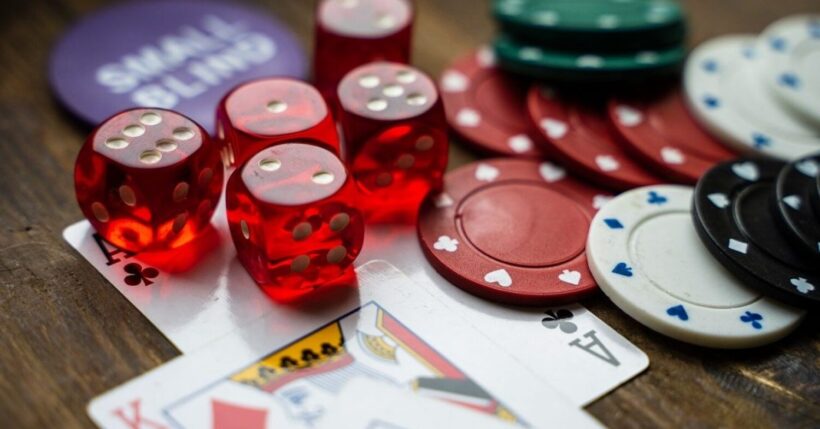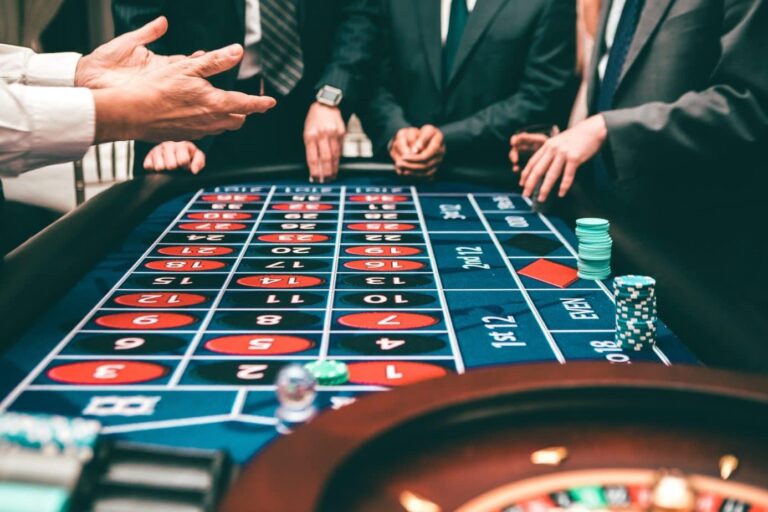Gambling fascinates many because it blends chance, skill, and the tantalizing possibility of winning. The allure often lies in the concept of luck, a mysterious force that seems to favor some while eluding others. This blog post aims to demystify this enigma by exploring the science behind luck and skill in gambling.
We’ll delve into how random events influence gambling outcomes and how skillful play can sway these odds. Whether a seasoned gambler or a curious observer, this journey into the world of probability and skill promises to be enlightening.
What is Luck?

Luck is best described as a random event that affects outcomes in ways beyond our control. In gambling, it’s this unpredictability that creates excitement and suspense. For instance, when a roulette wheel spins, where the ball lands is entirely up to chance.
Similarly, in everyday life, luck could mean finding money on the sidewalk or unexpectedly running into an old friend. These are events that happen without any direct influence from us, yet they significantly impact our lives, just as they do in gambling.
The Role of Probability
Probability is the backbone of gambling at casinos such as www.privecity.com. It’s a mathematical concept that measures the likelihood of an event occurring. For example, when rolling a standard six-sided dice, the probability of landing any specific number is 1 in 6. Similarly, a coin flip has a 50/50 chance of being heads or tails.
These simple examples illustrate how probability governs every aspect of gambling. Understanding this helps gamblers assess their chances of winning or losing, thereby influencing their decisions and strategies.
Skill in Gambling

Unlike luck, skill in gambling is a learned ability that can significantly influence the game’s outcome. In games like poker and blackjack, skill plays a crucial role. Skilled players use strategies, calculate odds, read opponents, and make decisions that increase their chances of winning.
While the element of chance still exists, these games allow players to exercise control over the outcome to a certain extent. This blend of skill and chance makes such games particularly appealing to those who enjoy employing tactics and strategies.
Luck vs. Skill
While luck is a factor in all gambling games, its role varies greatly. In games like slot machines, luck is predominant with little room for skill. Conversely, in games like poker, skill can significantly mitigate the role of luck.
Skilled players can often turn a bad hand into a winning play through bluffing or strategic betting. This contrast highlights an essential aspect of gambling: understanding the balance between luck and skill can greatly influence a player’s success and enjoyment of the game.
Conclusion

Understanding the interplay of luck and skill in gambling is crucial. We’ve seen that luck, as random events, plays a significant role in gambling, often dictating outcomes in games of chance. Meanwhile, skill, as a learned ability, allows players to influence the game, especially in games like poker and blackjack.
While luck is ever-present, skill can often tip the balance in favor of the player. In the long run, recognizing and harnessing both elements can lead to a more informed and potentially more successful gambling experience.

